Servicii
Prosthetic dentistry
Dentures are artificial teeth that have the role of replacing lost natural teeth.
Dental prostheses are mobile solutions, which restore the integrity of the arches. They are ideal if you lack several teeth, which cannot be fixed in any other manner.
Dental prostheses are not cemented in the oral cavity.
We take care of our patients
Types of dental prostheses
A properly chosen prosthesis will speed up the process of adapting to the new way of life.
- Partial prosthesis – this may be the solution for you if you still have some teeth in the oral cavity.
- Total prosthesis – this is the ideal solution when there are no teeth left on the arcade.
Both total dental prostheses and partial prostheses have the important role of restoring the functions of mastication and allowing you to speak properly again. Furthermore, in the case of partial prostheses, contact with the remaining teeth is restored, thus preventing their migration.
Dental prostheses available today are much more aesthetic and comfortable than older models. They can be pink or transparent, thus matching natural colors.
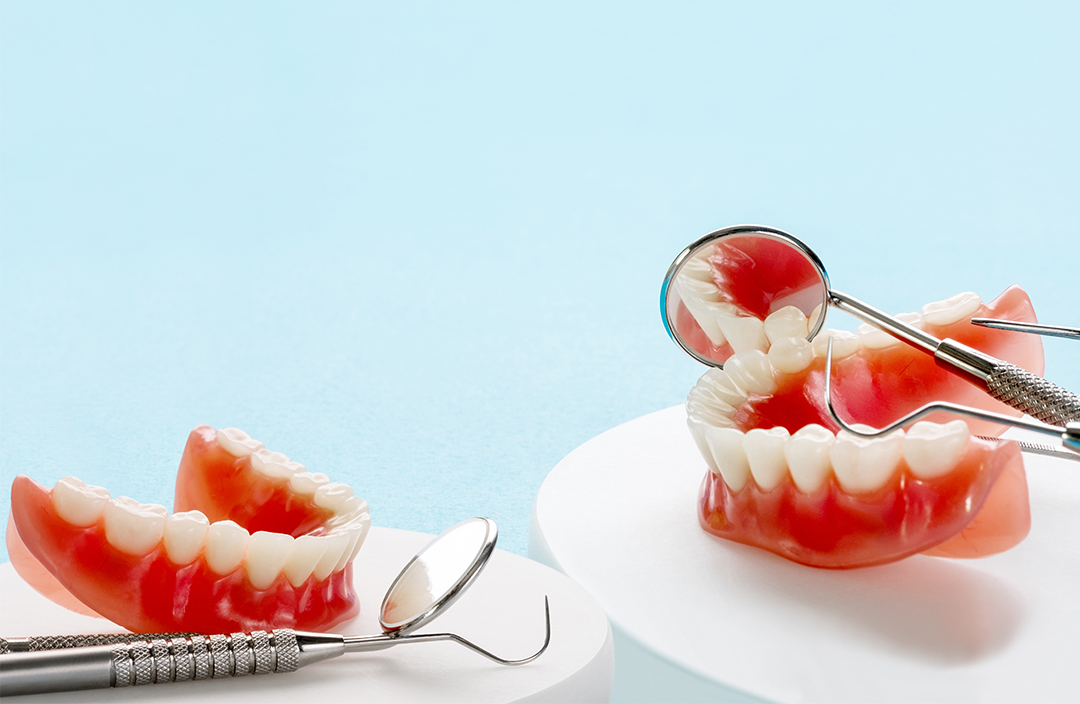
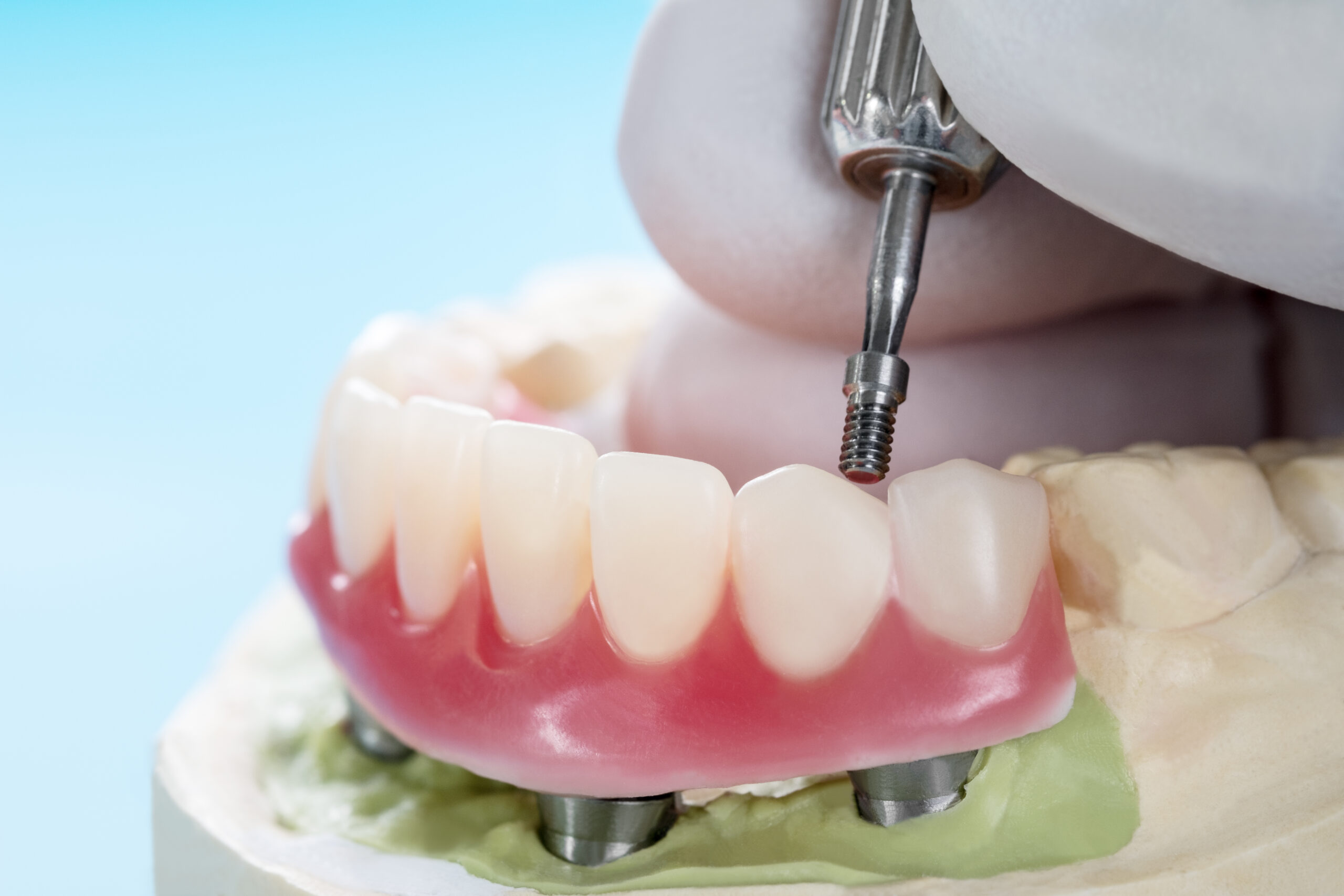
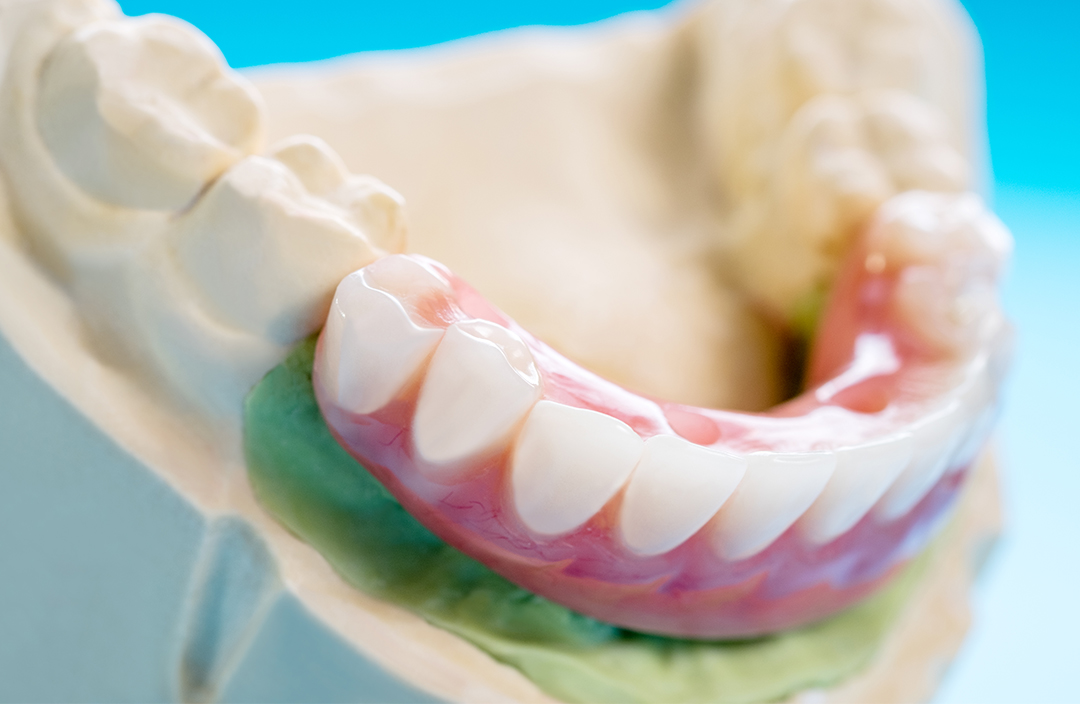
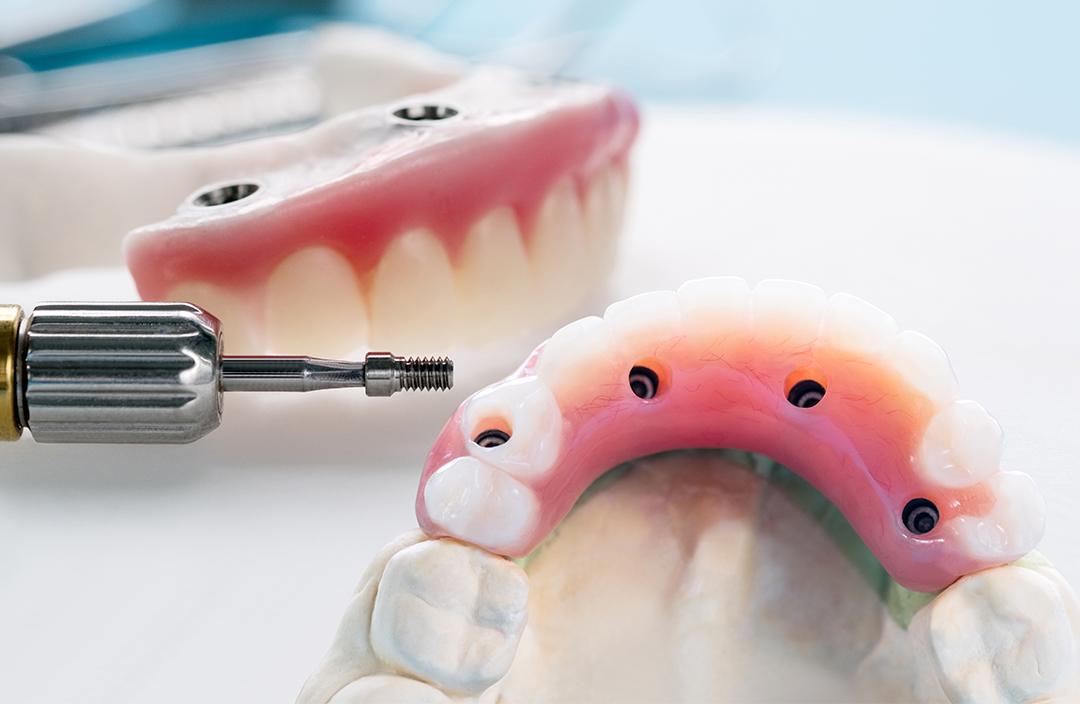
The benefits of dentures
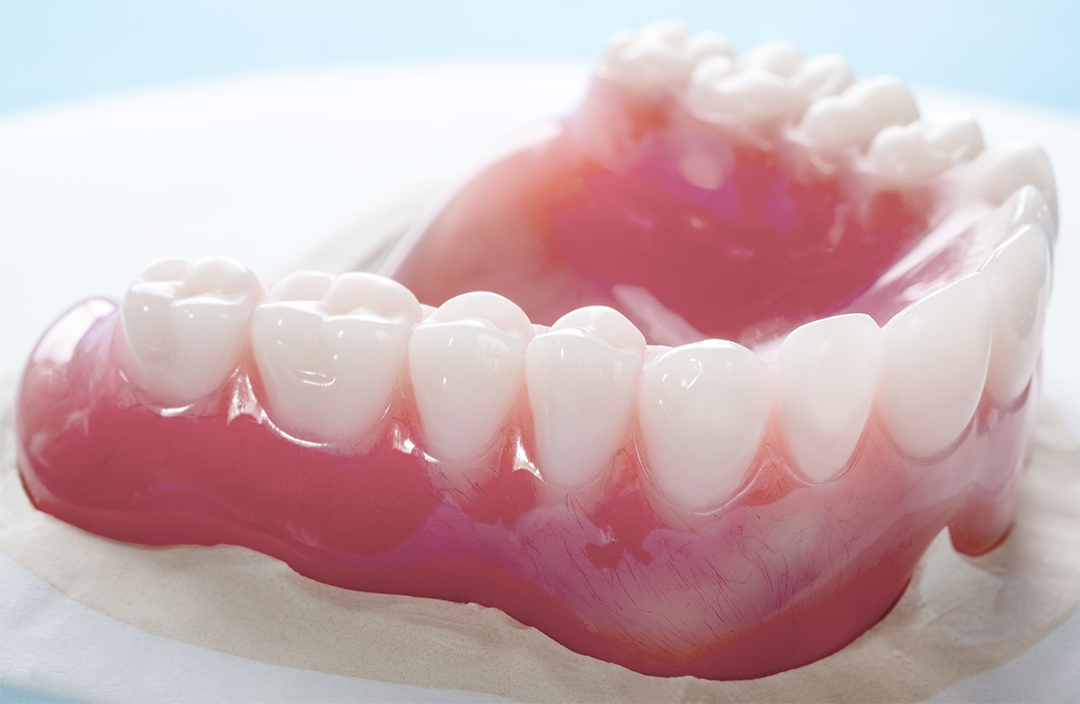
Partial or total dentures: what are they and when are they recommended?
Partial dentures
Partial dentures are used when there are still healthy natural teeth in the oral cavity. Usually, these protein works are fixed around the patient’s natural teeth with the help of special systems that mimic the color of existing teeth.
Total dentures
A total denture is used when all-natural teeth (jaw and/or mandible) have been lost as a result of accidents, infections, injuries, periodontitis, or other medical conditions. The artificial teeth are attached to a plate called the base of the prosthesis, which is then attached to the gums. Usually, the base of the prosthesis and the fastening system of the work is made of metal or acrylic and are not visible, having a color similar or even identical to that of the patient’s gums. A special adhesive is often used to keep the work in an optimal position.
Contact us
Call us for an appointment
Dentist Appointment
Dental prostheses
Frequent questions
How can I eat if I have a prothesis?
After the installation of the mobile prothesis, solid food should be gradually reintroduced, chewing more slowly and on both arches. It will be a slightly longer process, but you will have your long-desired teeth and you will finally be able to chew normally.
How should I care for my prothesis?
The dentist will give you all the guidelines you need. However, it is important to maintain an appropriate oral hygiene, brushing your prosthesis after each meal, and placing it in warm water with special solutions at night, according to your physician’s advice.
Will the prosthesis change the way I speak?
You will need exercise to pronounce some words correctly. You can shorten the adjustment period by reading aloud and repeating more difficult words. If the prosthesis makes noise while speaking, speak less often.
The prosthesis may slip while you laugh, cough, or smile. Reposition the teeth by biting and swallowing. If the problem persists, consult your doctor.
Do I have to use glue?
The adhesive can provide extra security regarding the stability of the prosthesis, but it is not a solution in the case of prostheses that move and are wide. The latter must be replaced.
What is the lifespan of a prosthesis?
No prosthesis is permanent. The mouth is constantly changing, so the prosthesis will have to be adjusted by the doctor. The approximate lifespan of a prosthesis is five years.
PATIENTS
Reviews
These are just a few of the Dent PLUS patients. We thank them for their trust in our doctors and clinics.